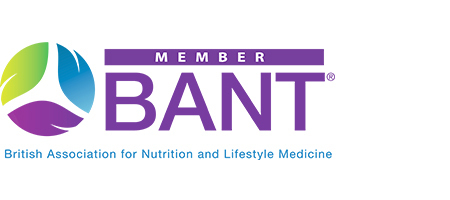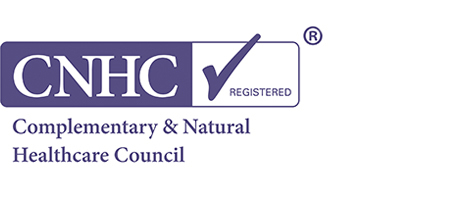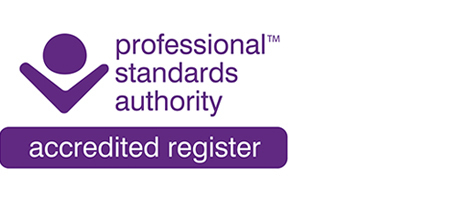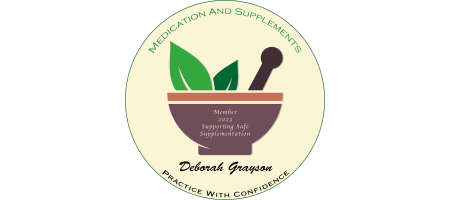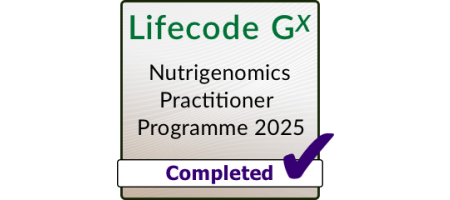What are the Early Signs of Diabetes?
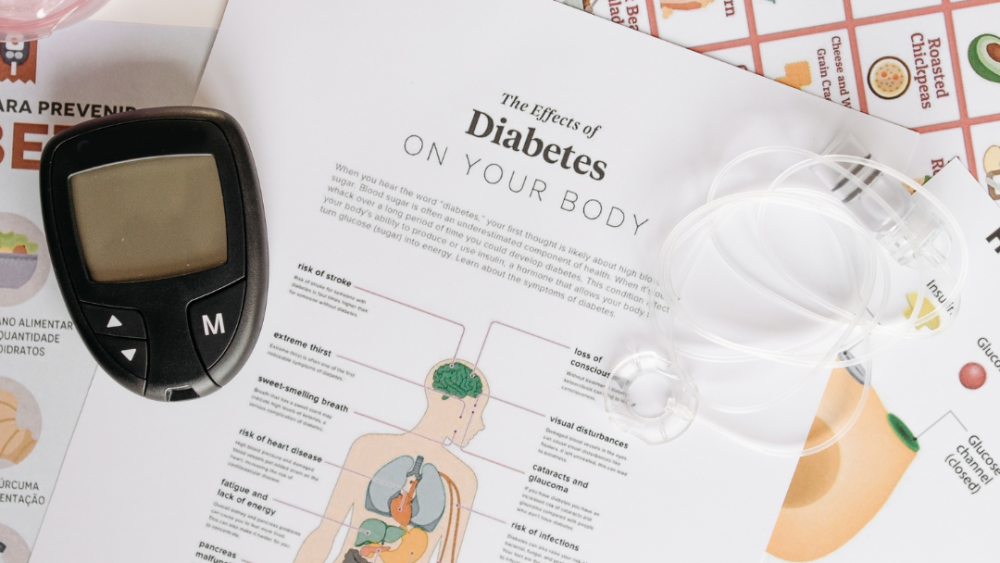
posted 20th June 2024
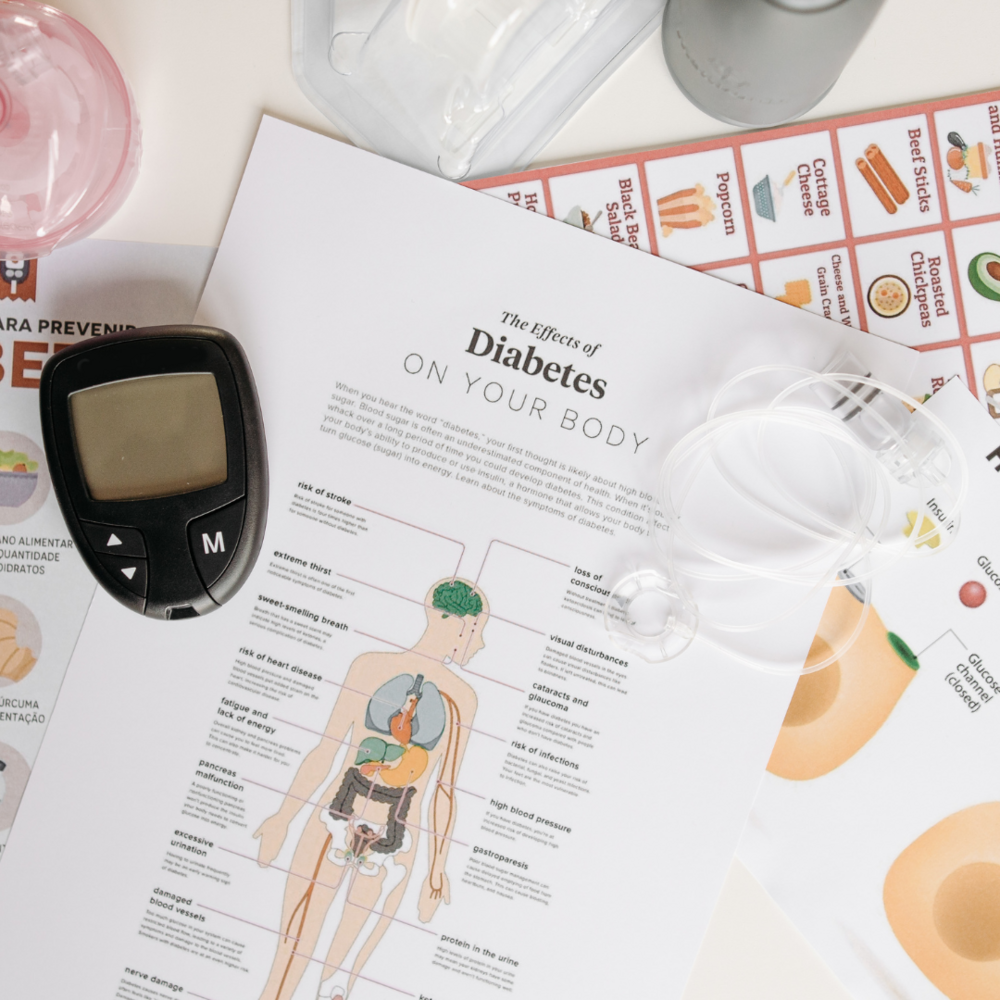
What to Watch Out For?
Hey there! So, you're curious about the early signs of diabetes? Great! Understanding these signs early on can make a huge difference in managing the condition (and by the way, it is possible to reverse type 2 diabetes, especially if caught early!).
Working with a Registered Nutritional Therapist can help you discover the underlying causes of your symptoms and can potentially help you reverse diabetes (type 2 just to be clear; type 1 diabetes is a different story!).
Let's dive into the world of early diabetes symptoms and break it down in a way that's easy to grasp.
1. The Thirst is Real
One of the first signs of diabetes is feeling ridiculously thirsty all the time. We're not talking about the kind of thirst you get after a workout. This is a constant, unquenchable thirst that seems to come out of nowhere. You might find yourself chugging water like there's no tomorrow, but no matter how much you drink, it never seems enough.
2. Frequent Bathroom Breaks
Alongside that constant thirst, you might also notice you're hitting the bathroom a lot more than usual. This happens because your body is trying to get rid of the excess sugar in your blood by flushing it out through urine. More sugar in the blood means more trips to the loo.
3. Unexpected Weight Loss
While losing weight might sound like a dream come true, unexplained weight loss can actually be a red flag for diabetes. When your body can't use sugar for energy, it starts breaking down muscle and fat instead, leading to weight loss. If you're shedding pounds without even trying, it might be time to check in with a doctor.
4. Fatigue That Just Won't Quit
Everyone gets tired, but diabetes-related fatigue is on another level. Even after a good night's sleep, you might feel like you've run a marathon. This kind of fatigue can make everyday activities feel like a chore.
5. Blurry Vision
If things start looking a bit fuzzy around the edges, it could be a sign of diabetes. High blood sugar levels can pull fluid from your tissues, including the lenses of your eyes, making it hard to focus. If you find yourself squinting more than usual, it might be time for a visit to the doctor's office.
6. Slow-Healing Wounds
Have you noticed cuts and bruises taking forever to heal? High blood sugar can affect your body's ability to heal itself. So, if those little nicks and scrapes aren't getting better, it might be a sign your blood sugar is out of whack.
7. Tingling or Numbness
Ever get that pins-and-needles feeling in your hands or feet? Persistent tingling, numbness, or even pain in your extremities can be a sign of nerve damage caused by diabetes. If this sounds familiar, it's worth getting checked out.
8. Increased Hunger
Feeling hungry all the time, even after a meal? When your body isn't able to use glucose for energy, it sends signals to your brain that you're hungry. This can lead to eating more but still not feeling satisfied.
Perspectives from Different Lifestyles
The Busy Professional
If you're always on the go, it can be easy to overlook these signs. But remember, your health is your wealth. Ignoring symptoms like extreme thirst or fatigue can catch up with you. Keep an eye on your body's signals and make time for regular health check-ups.
The Fitness Enthusiast
For those who love staying active, sudden changes in weight or energy levels can be concerning. If you notice these shifts despite maintaining your usual routine, it’s worth looking into. Your body might be telling you something important.
The Homebody
Spending more time at home might make it easier to notice changes in your bathroom habits or healing process. Use this to your advantage and stay vigilant about any persistent symptoms.
Final Thoughts
Catching diabetes early can make a world of difference. If you're experiencing any of these signs, don't brush them off.
A simple blood test (I would recommend the diabetes test marker called HbA1C, as well as HOMA-IR, or at least your insulin level; simply checking your blood glucose level won't show the whole picture) can tell you a lot about what's going on.
Whether you're a busy bee, a fitness junkie, or a homebody, staying aware of these symptoms can help you stay on top of your health game.
So, keep an eye out, listen to your body, and don't hesitate to reach out to a healthcare professional if something feels off. Your future self will thank you!
Transform your health, book a FREE (no obligation) Health Review today!
References:
NHS (National Health Service): https://www.nhs.uk/conditions/diabetes/
Diabetes UK: https://www.diabetes.org.uk/
European Association for the Study of Diabetes (EASD):https://www.easd.org/
National Institute for Health and Care Excellence (NICE):
International Diabetes Federation (IDF)



